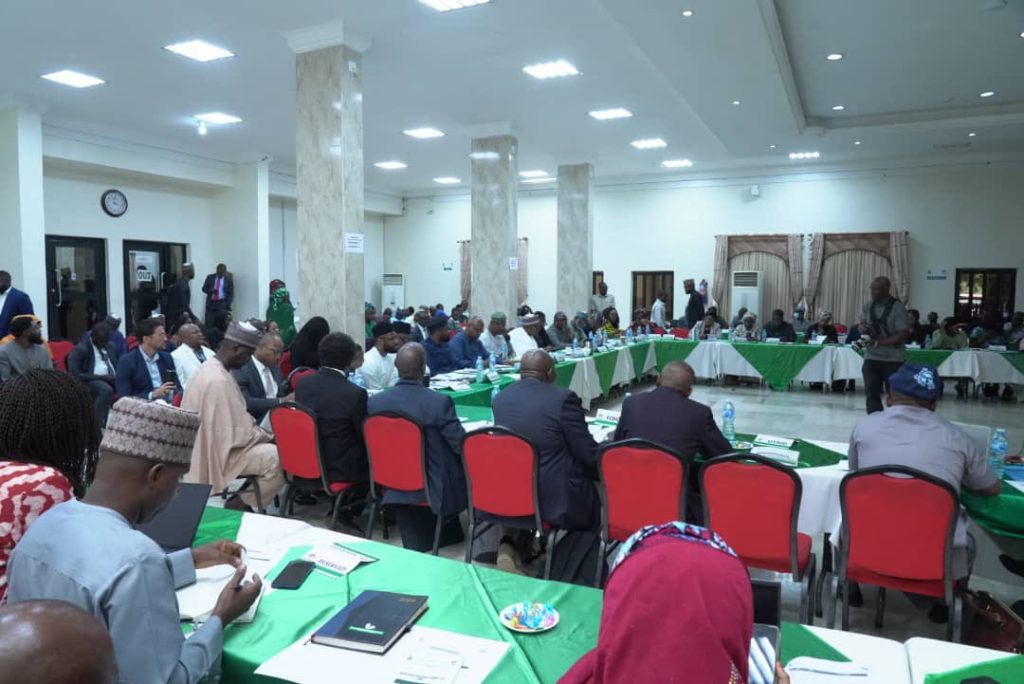The Federal Government, through the Federal Ministry of Health and Social Welfare, has reaffirmed its commitment to revitalising primary healthcare across Nigeria as it convened the 11th Ministerial Oversight Committee (MOC) meeting on the Basic Health Care Provision Fund (BHCPF) in Abuja.
The meeting marks a critical step in Nigeria’s health sector reform agenda under President Bola Ahmed Tinubu’s Renewed Hope vision centring on universal access to quality, affordable healthcare at the primary level.
FG Seeks Deeper Health Ties with Brazil, Unveils Agenda for UHC
At the meeting, Coordinating Minister of Health Muhammad Pate highlighted significant milestones achieved under the BHCPF, noting that over 37 million Nigerians have accessed essential healthcare services through the fund.
“The BHCPF is delivering results because of strong collaboration across federal, state, and local governments, supported by civil society and our development partners,”
“No single tier can solve Nigeria’s healthcare challenges alone — but together, we are building the foundations of lasting progress.”
Pate emphasised that the success of the BHCPF reflects Nigeria’s broader health reform, anchored in the Nigeria Health Sector Renewal Investment Initiative, which has received endorsement from all 36 state governors.
Kano Citizens advocates for enhanced enrollment in BHCPF
He also connected recent macroeconomic reforms including the fuel subsidy removal and the new tax law — to longer-term health financing sustainability.
“These economic reforms are not abstract. They’re about expanding fiscal space to fund critical social sectors like health and education,”
“A functioning healthcare system requires investment, and we are intentionally laying the groundwork for that.”
On tuberculosis, he acknowledged the concerning number of patients yet to begin treatment despite testing positive.
He assured stakeholders that the 2025 budget includes increased drug procurement to meet growing demand driven by expanded detection efforts.
Also speaking, Minister of State for Health Dr. Iziaq Adekunle Salako stressed the BHCPF’s emphasis on transparency, inclusivity, and accountability, commending the oversight process that integrates civil society, subnational governments, and development partners.
“The MOC is not just oversight in name — it is a participatory model that aligns national priorities with grassroots realities,” Dr. Salako said.
At the sub-national level, Dr. Oyebanji Filani, Chair of the Health Commissioners Forum, reported that ₦32 billion was disbursed across Q1 and Q2 of 2025 to over 8,000 PHC facilities, enabling renovations, workforce training, re-equipping of centres, and improved medicine supply.
“We’re seeing visible transformation —PHCs are being revived, communities are re-engaging, and access to care is steadily expanding,”
“But we must double down on accountability to sustain these gains.”
The MOC ended with a renewed commitment to accelerate PHC reform, scale innovative financing, and maintain political momentum to achieve 70% population coverage for essential health services.





